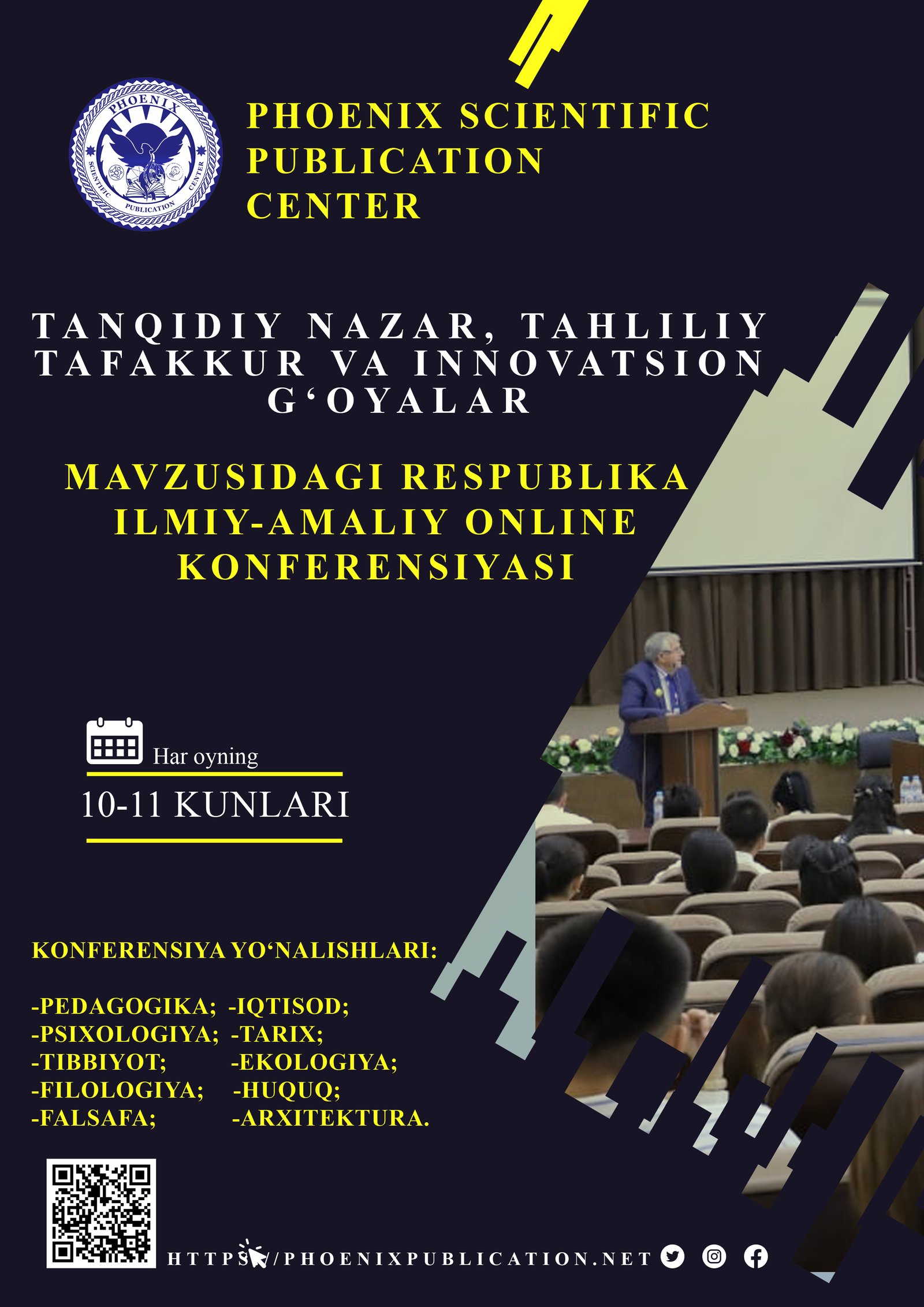Abstract
In the past decade, Artificial Intelligence (AI) has become increasingly significant in transforming educational practices around the world. Among the many areas where AI has made a profound impact, language learning stands out due to its interactive and highly personal nature. This paper discusses how AI tools and platforms are changing the language education landscape by offering adaptive learning experiences, automated assessments, and conversational practice. It further explores the potential advantages and current limitations of these technologies. While AI cannot replace the nuanced role of human educators, it provides essential support that makes language learning more accessible, flexible, and engaging.References
1. Li, V., & Wang, F. (2021). Artificial intelligence in education: A review. International Journal of Educational Technology in Higher Education, 18(1), 1–27.
2. Kukulska-Hulme, A. (2020). Mobile-assisted language learning and AI. ReCALL, 32(3), 233–238.
3. Duolingo Research Team. (2023). The Science Behind Duolingo. Retrieved from: https://www.duolingo.com/research
4. Tegos, S., & Demetriadis, S. (2017). Conversational agents in language learning. Computers & Education, 113, 96–111.
5. OECD (2022). Artificial Intelligence in Education: Challenges and Opportunities. Retrieved from: https://www.oecd.org/education
